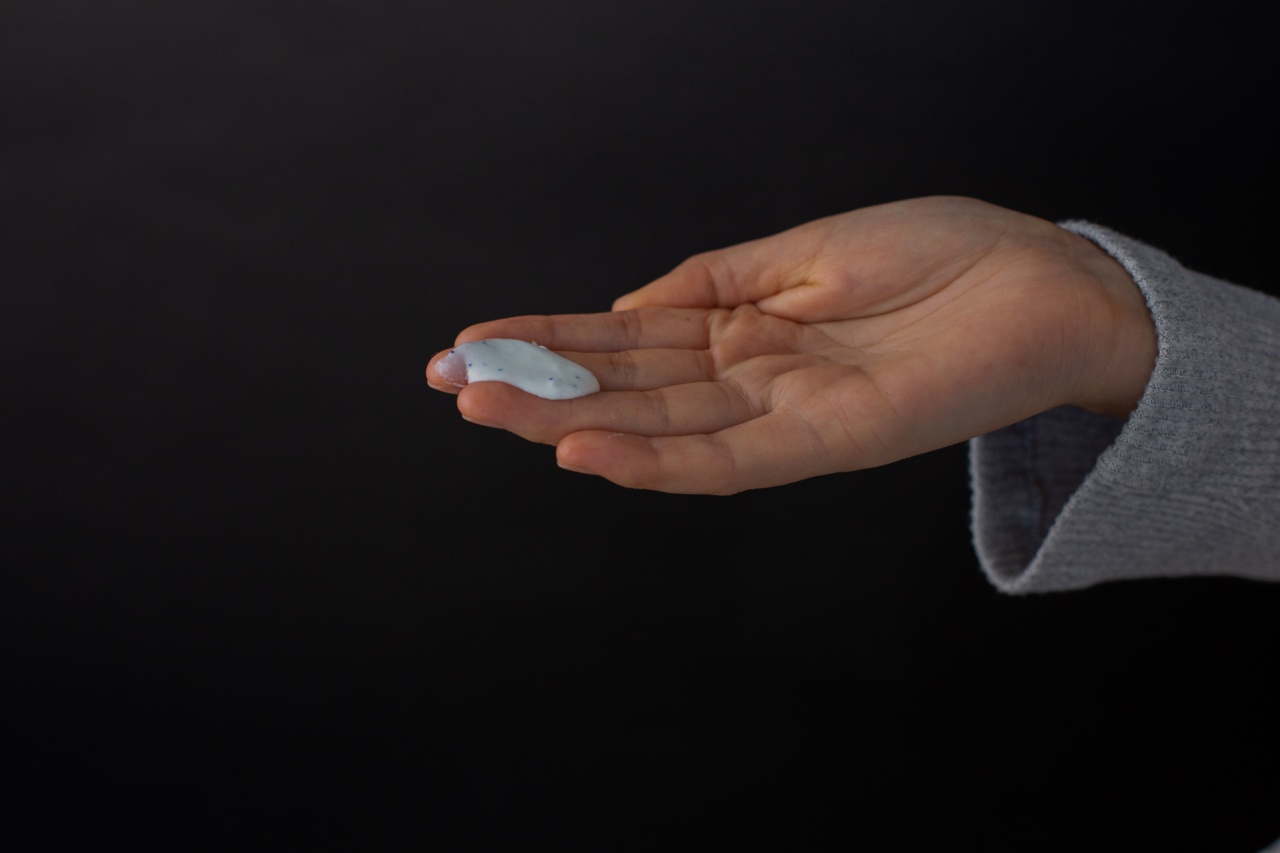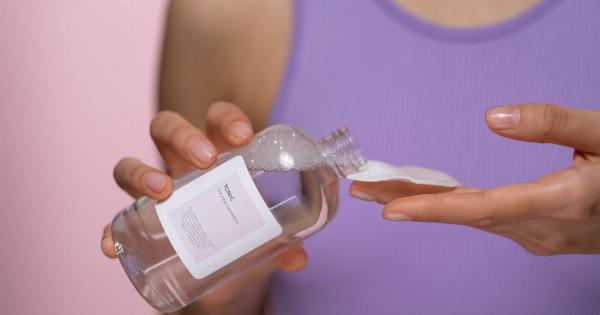Collagen is the most abundant protein in the body. It plays an important role in maintaining the health of our hair, skin, nails, bones, and joints.
Collagen production declines as we age, however, certain lifestyle choices and dietary habits can also have a negative effect on collagen production.
While there are many store-bought collagen supplements, you don’t have to rely on them to boost your collagen production. There are plenty of natural ways to increase collagen production and keep your body healthy from the inside out.
Here are ten ways to naturally boost your collagen production.
1. Eat Foods Rich in Vitamin C
Vitamin C plays a crucial role in the production of collagen. It is a powerful antioxidant that protects the skin against oxidative stress caused by free radicals.
Foods rich in vitamin C include citrus fruits like oranges and lemons, berries, kiwis, papayas, and sweet potatoes. Aim to consume at least one serving of vitamin C-rich foods per day.
2. Add More Protein to Your Diet
Collagen is a type of protein, so consuming more protein can help your body produce more collagen. High-protein foods include meat, poultry, fish, beans, and legumes.
Be sure to choose lean sources of protein to avoid consuming excess calories and unhealthy fats.
3. Eat More Foods with Omega-3 Fatty Acids
Omega-3 fatty acids are essential for the health of our skin and help to reduce inflammation in the body. Inflammation can damage collagen and reduce its production.
Omega-3 rich foods include fatty fish such as salmon, sardines, and mackerel, flaxseeds, chia seeds, and walnuts.
4. Reduce Your Sugar Intake
Excess sugar consumption promotes the formation of advanced glycation end-products (AGEs) in the body, which can damage collagen. AGEs form when sugar binds to proteins in the body, causing them to stiffen and lose their elasticity.
To reduce your sugar intake, avoid sugary drinks and desserts and choose healthier alternatives like fruit or dark chocolate.
5. Avoid Smoking and Secondhand Smoke
Smoking and exposure to secondhand smoke can damage collagen and accelerate the aging process. Smoking causes a decrease in blood flow to the skin, which can lead to a decrease in collagen production.
Avoid smoking and exposure to secondhand smoke to keep your skin looking youthful and healthy.
6. Stay Hydrated
Drinking enough water is essential for healthy skin and collagen production. Water helps to keep the skin hydrated and creates a moist environment for collagen production to take place.
Aim to drink at least eight glasses of water per day to keep your skin looking healthy and youthful.
7. Get Enough Sleep
Getting enough sleep is crucial for healthy skin and collagen production. While we sleep, our body repairs and regenerates itself, including the production of collagen.
Aim to get at least seven to eight hours of sleep per night to ensure your body has enough time to repair and regenerate.
8. Protect Your Skin from the Sun
Ultraviolet radiation from the sun can damage collagen and cause premature aging.
Protect your skin from the sun by wearing sunscreen with an SPF of at least 30, seeking shade during peak sun hours, and wearing protective clothing like hats and long-sleeve shirts.
9. Exercise Regularly
Regular exercise can help to boost collagen production and keep your skin looking youthful and healthy. Exercise increases blood flow to the skin, which can help to promote collagen production.
Aim to exercise for at least 30 minutes per day, five days per week.
10. Take Collagen Supplements
If you’re unable to get enough collagen through your diet or want to give your body an extra boost, collagen supplements may be a good option. Collagen supplements come in various forms, including powder, capsules, and liquids.
Always consult with your healthcare provider before starting any new supplement regimen.






























